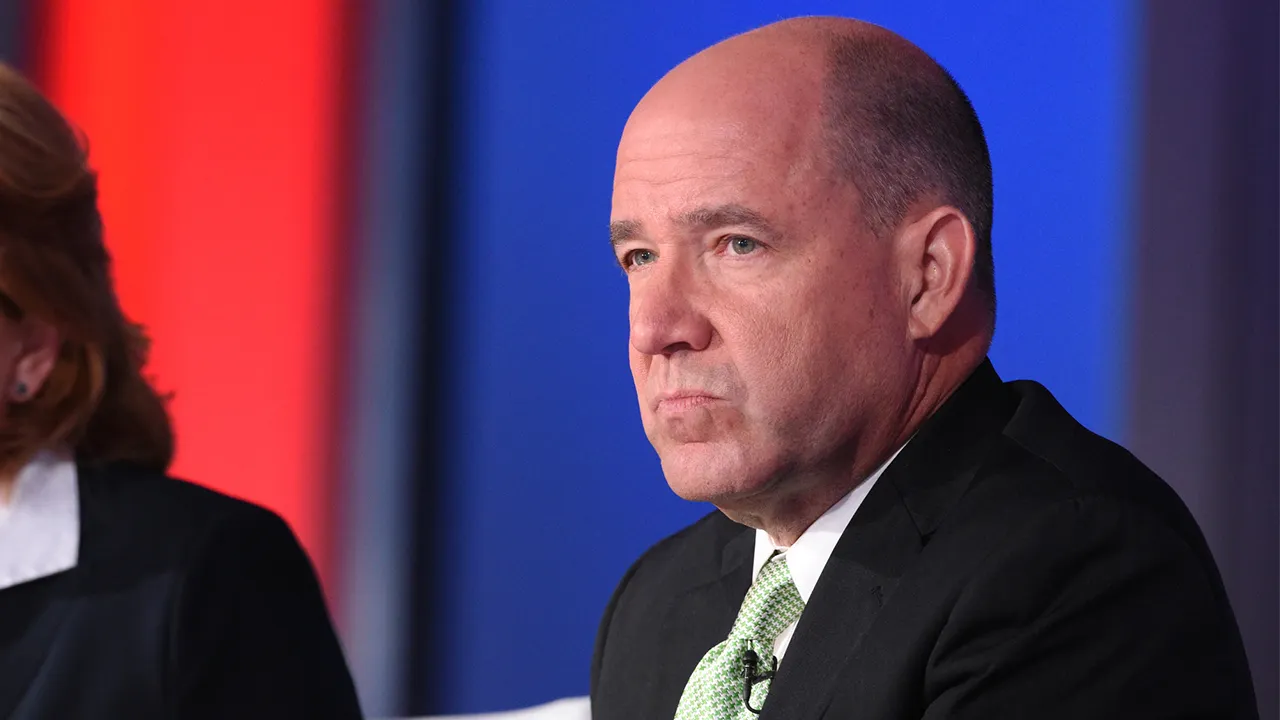
In a dramatic flip of activities throughout the extensively publicized Weinstein trial, the jury was ordered to "settle down" after tensions reached a boiling point. The court docket, which had already been full of palpable anxiety, changed into taken aback as voices rose and tempers flared. The decide, staring at the escalating situation, intervened to ensure that the trial proceeded in a fair and orderly way.
Reports from within the court found out that the jury, tasked with the enormous responsibility of deciding Weinstein's fate, have been engaged in a heated debate. This wasn't only a war of words over the information; it become a complete-blown war of words that included shouting and threats exchanged among participants. The gravity in their responsibility became genuinely weighing heavily on them.
Such outbursts, even though rare, are not entirely extraordinary in high-profile cases. However, the intensity and nature of this specific incident were enough to reason difficulty. The choose's selection to reserve a "cooling-off" duration become aimed toward defusing the scenario, permitting jurors to acquire their thoughts and emotions earlier than continuing deliberations.
The trial itself had been a hotbed of feelings from the begin. Weinstein, dealing with severa allegations of misconduct, sat stoically as his fate hung inside the balance. The jury, constituted of individuals from various backgrounds, have been underneath big strain to deliver a verdict that would resonate with each justice and public opinion.
As the jury again to their deliberations put up-cooling-off length, the surroundings became markedly unique. The choose's intervention regarded to have had the preferred impact, as discussions resumed with a renewed feel of calm and recognition. Jurors had been reminded of the importance of retaining decorum and recognize, even inside the face of confrontation.
Outside the courtroom, the general public waited with bated breath. The trial had captured the eye of tens of millions, turning into a symbol of the wider movement in opposition to sexual misconduct. Observers understood that the jury's selection could be more than only a judgment on Weinstein; it'd be a announcement on societal values and the significance of duty.
Meanwhile, Weinstein's defense crew kept a close eye at the proceedings, aware that any hint of bias or unfairness will be grounds for appeal. The prosecution, too, turned into vigilant, know-how the importance of each second within the courtroom. Both sides knew that the jury's verdict would be scrutinized via the arena.
As the day wore on, speculation approximately the outcome ran rampant. Analysts and specialists weighed in, presenting predictions and insights based totally at the day's events. Yet, regardless of the noise and conjecture, the handiest voices that virtually mattered were those of the jurors, tasked with delivering justice.
In the stop, the judge's choice to reserve a cooling-off period become a testomony to the importance of retaining integrity in the judicial technique. It served as a reminder that, even inside the most challenging of instances, equity and readability must prevail.
As the trial endured, the world watched carefully, conscious that the outcome might reverberate a ways beyond the walls of the courtroom. The jurors, now extra composed, had the weighty task of turning in a verdict that would be remembered for years to come. The trial, with its severe emotions and excessive stakes, became a second of reckoning not just for Weinstein, but for society as a whole.










